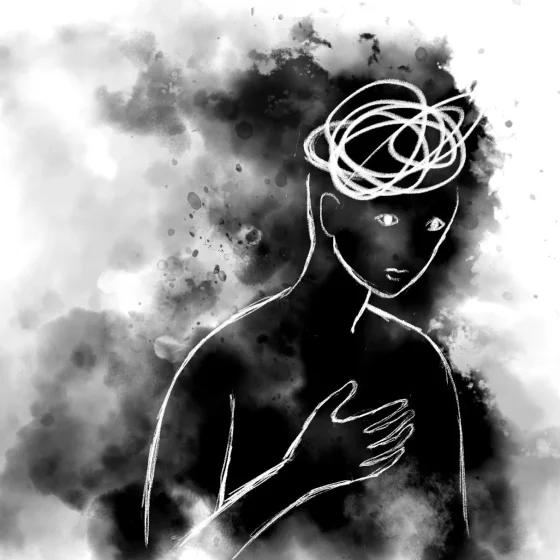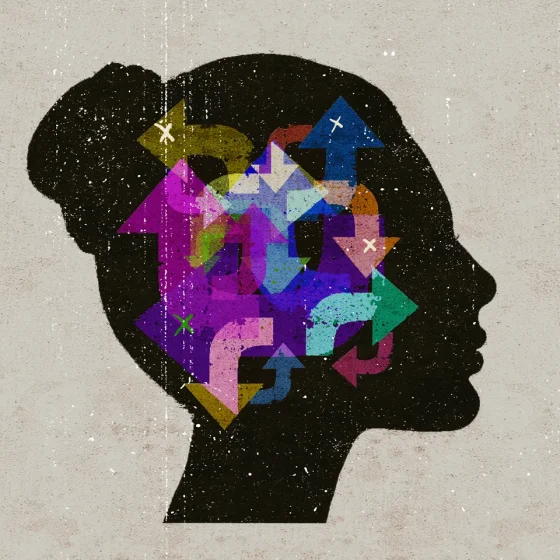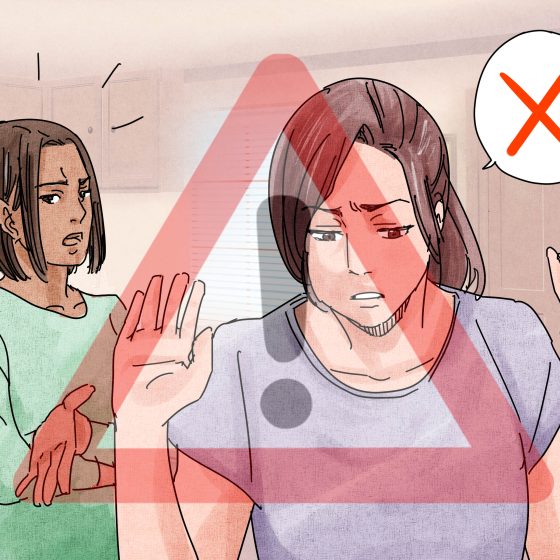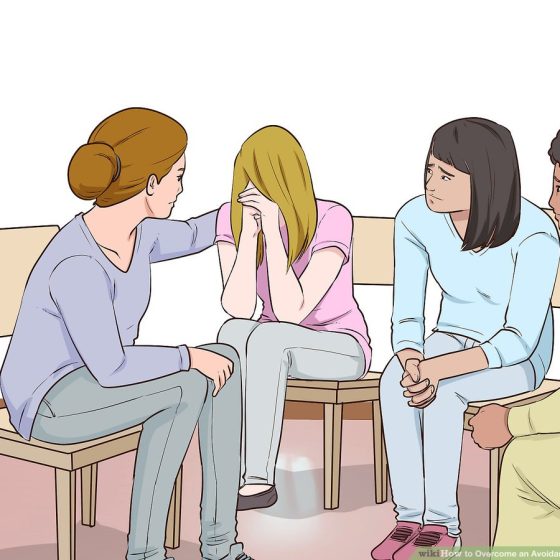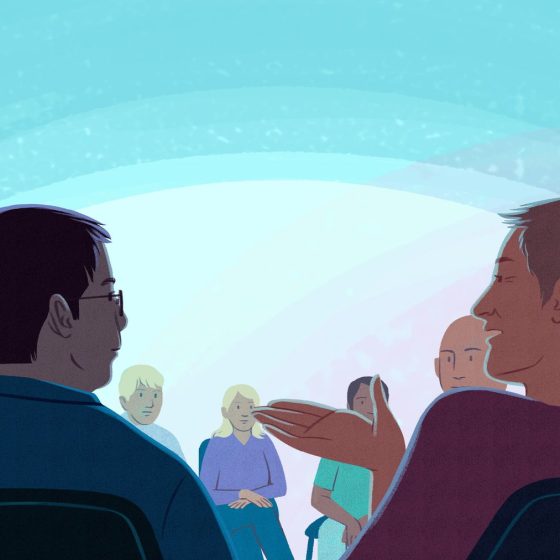Complex post-traumatic stress disorder (PTSD)
What is complex PTSD? Post-traumatic stress disorder (PTSD) is a mental health condition that can develop in people who have been through a traumatic event. The event may have threatened their life or safety, or they may have witnessed a serious accident, death or natural disaster. Complex PTSD is a condition that can occur after prolonged and repeated trauma, particularly due to child abuse or domestic violence. Trauma can cause problems with memory and disrupt the development of a person’s identity and their ability to control emotions and form relationships with others. What are the symptoms of complex PTSD? People

